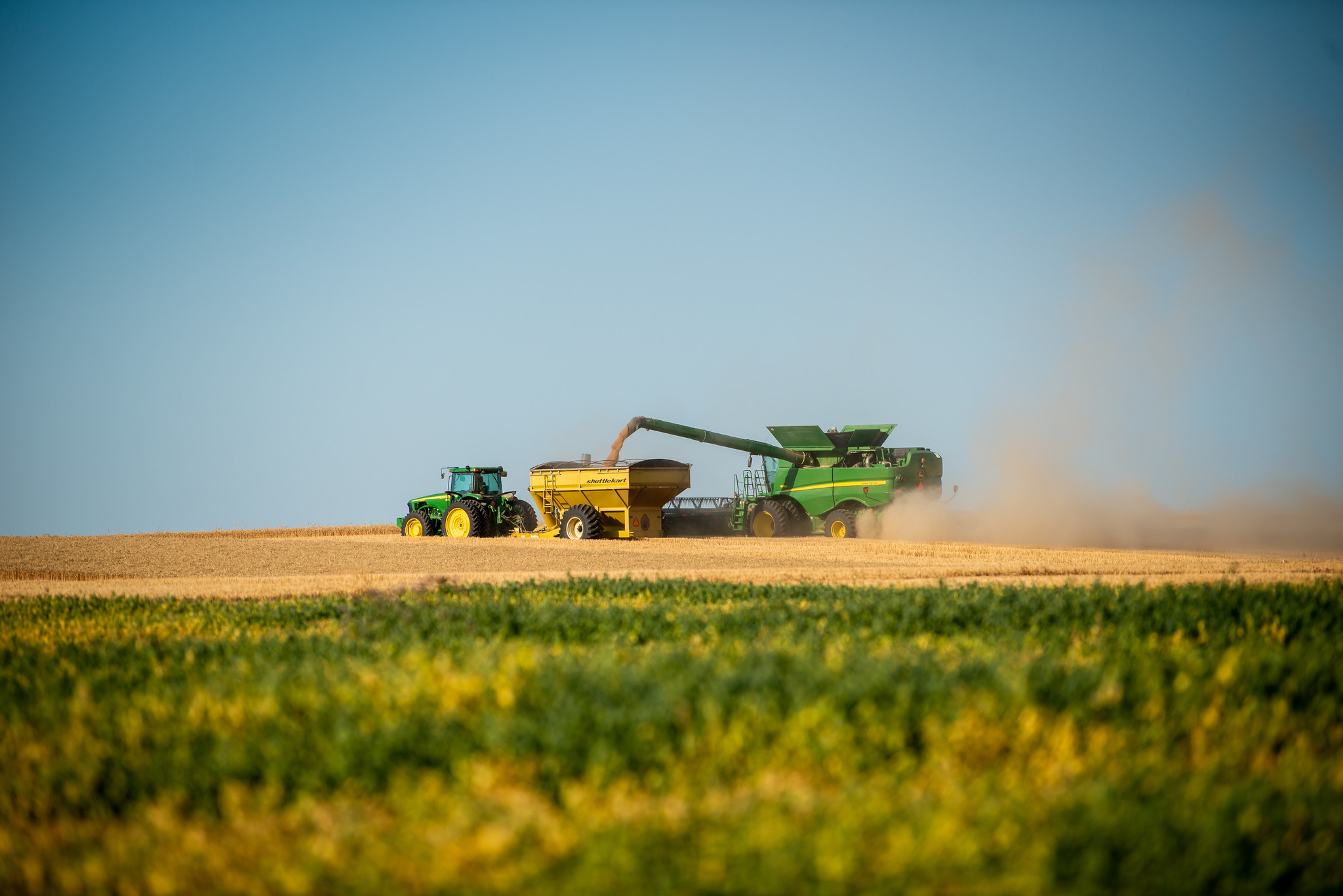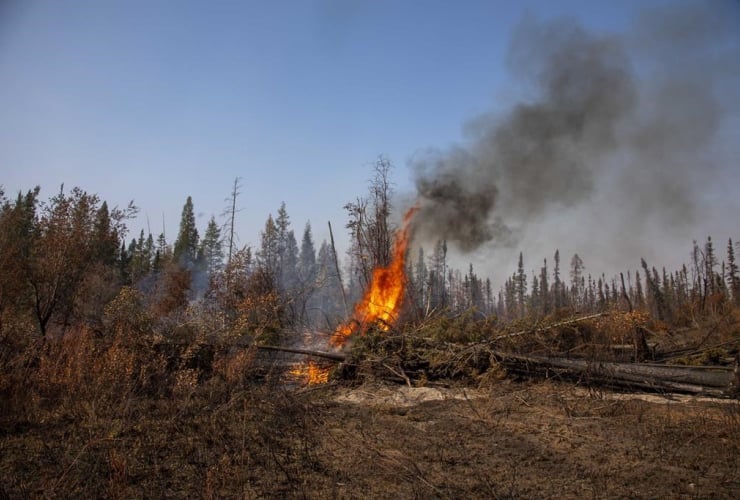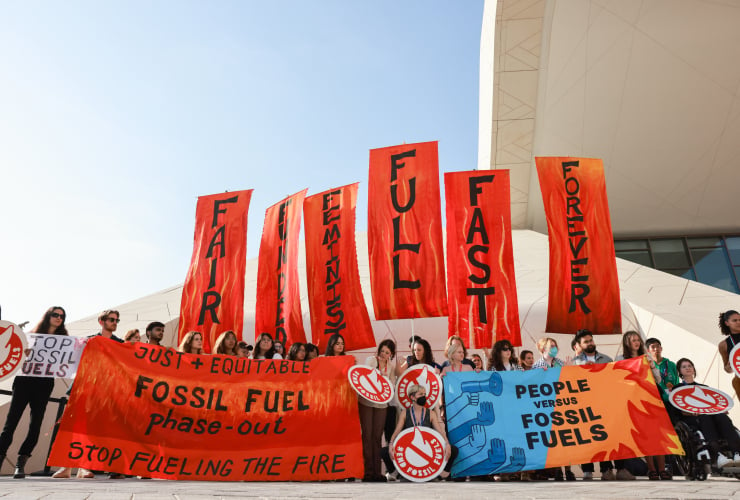A bill that would exempt fuels used for heating livestock barns, greenhouses and drying grain from the carbon pricing regime has been amended to only apply to grain drying. The proposed exemption will now end after three years instead of eight.
The Senate made the changes on Dec. 5 and Dec. 11. The bill will now return to the House of Commons for MPs to accept or reject the amendments in the new year.
Conservative MP Ben Lobb’s private member’s bill originally proposed adding natural gas and propane used to heat livestock barns, greenhouses and dry grain to the list of farm fuels exempt from the federal carbon price, which already includes diesel and gasoline. It cleared the House with support from the Conservatives, NDP, Bloc Québécois, Green Party and four Liberal MPs.
But in the Senate, the bill was amended in close votes after a month of debate and delay at third reading.
The Senate’s work on Bill C-234 coincided with the federal government announcing a carbon price carveout for home heating oil, which garnered fierce criticism from federal and provincial conservative politicians. Federal Conservative Leader Pierre Poilievre quickly adopted the bill as a key pillar of his campaign to “axe” the federal government’s carbon pricing regime.
Poilievre and Conservative MPs pushed the Senate to pass the bill without any amendments, so it would become law. The Liberals, who were defending the home heating oil carveout and fending off calls to exempt all fuels used to heat homes, opposed C-234.
The Liberals oppose the bill because it weakens the federal carbon pricing regime, which aims to incentivize a switch to lower-emitting technologies and ways of farming by putting a surcharge on polluting fuels.
The federal government “already excluded 97 per cent of fuels used on farms" because there were no alternatives at the time, federal Environment and Climate Change Minister Steven Guilbeault said on several occasions in the House of Commons.
Conservative MPs from Quebec have been very vocal in their support for Bill C-234 in question period, despite the fact Quebec doesn’t use the federal carbon pricing system and would not benefit from an exemption.
In fact, Bill C-234 would “increase the inequity that already exists between grain farmers in Quebec and those in the rest of Canada,” said Quebec Sen. Julie Miville-Dechêne during debate on Dec. 5.
“Quebec farmers are at a double disadvantage compared to the rest of Canada. First, they pay a carbon price on gasoline and diesel used on their farm, while producers in the rest of Canada are exempt. Second, they are not eligible for a tax credit for the carbon tax of natural gas and propane used to heat buildings and dry grain, while producers in the rest of Canada benefit from that tax credit,” Miville-Dechêne explained.
Senators remained divided on the bill and proposed and rejected amendments throughout both the committee’s study and the drawn-out debate.
Bill C-234 is “now severely flawed,” said Sen. Robert Black, and Sen. Donald Neil Plett accused senators who voted to amend it of “returning to the Liberal fold.”
Sen. Pat Duncan did not agree with the changes but expressed broader frustration with the discourse around Bill C-234.
“What angers, saddens and truly disappoints me as a Canadian, and as a voter, is that the politics have polarized this debate so deeply,” Duncan said on Dec. 12. “It has ceased to be about whether this is an appropriate inclusion in an exemption already granted for agriculture and has become one of political slogans and partisan politics.”
Natasha Bulowski / Local Journalism Initiative / Canada’s National Observer
I'd like to see a plan,
I'd like to see a plan, developed in close cooperation with primarily smaller farmers (with lesser emphasis on corporate operators) to ween farm activities off of fossil fuels. It's clear that, essential as food is, GHG emissions must nonetheless cease.
So, gov'ts, where is that consultation so that thousands of farmers aren't left to find their own path?
If there has been such consultation, and a "path forward" report already done, can someone please post a link to it?
Yeah, very much this. Also,
Yeah, very much this. Also, if there is no alternative for grain heating other than diesel, maybe they could get some government department or crown corporation to invent some kind of gee-whiz blue-sky technology that uses electricity somehow. They could call it, brainstorming here, an "electric heater"!






Comments